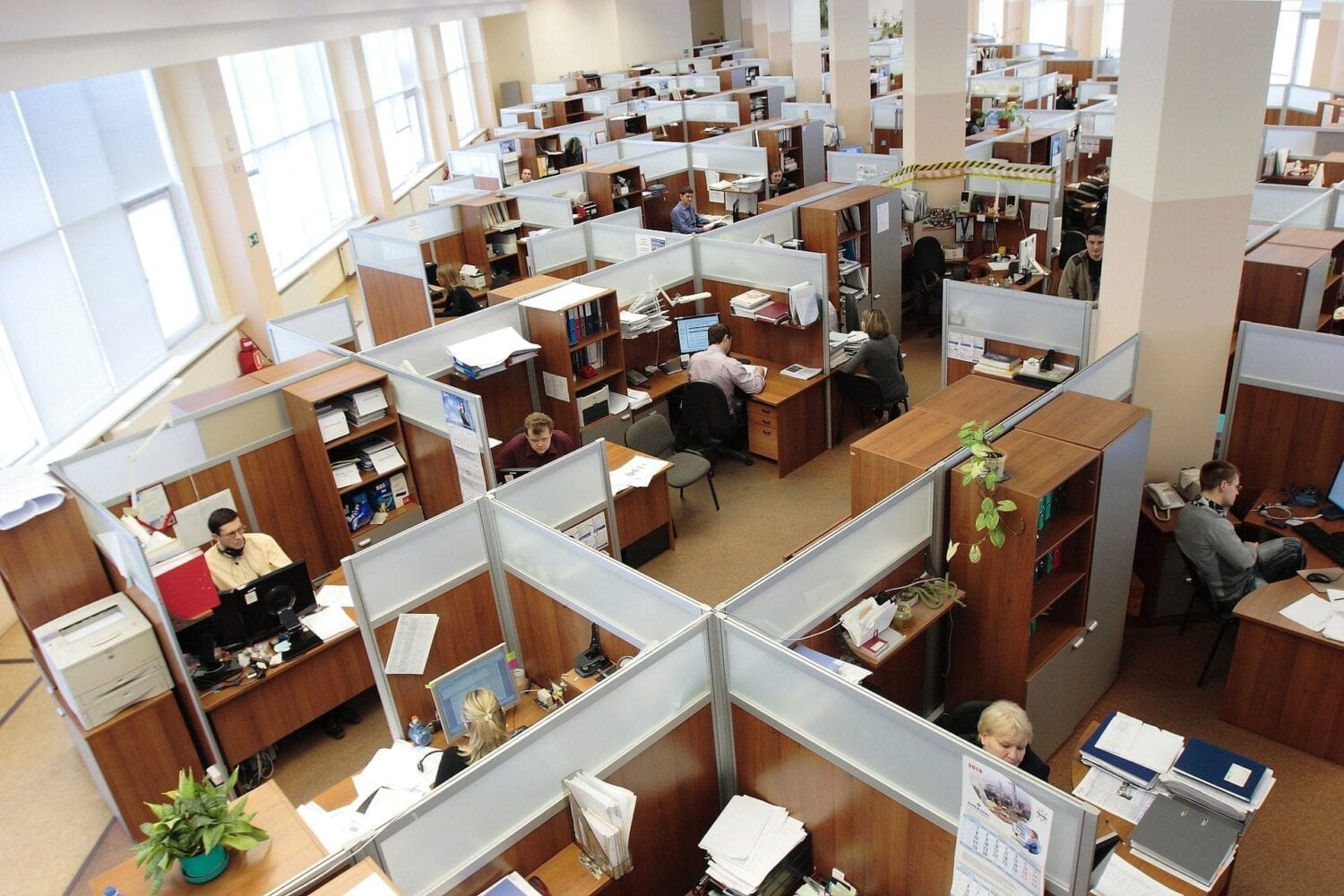Did you know that UK’s productivity is currently 18% below other developed countries across the globe? (The Stoddart Review).
In general, your workplace building accounts for the second largest cost after salaries. Yet, organisations in most sectors only review their building costs once a decade versus measuring their employee effectiveness on an annual basis.
This article recommends that organisations continuously optimise and check their Buildings Energy Management System (BEMS), not only to reduce energy costs, but to significantly increase productivity.
“Variables such as air quality, light levels and humidity can affect both physical manufacturing processes and human performance. Collecting this data allows organisations to optimise working environments for enhanced performance” (The Stoddart Review).
The Leesman Index measures the relationship between employees and workplace infrastructure. According to Leesman: “Only 53% of UK and Ireland respondents agree that their workplace enables them to work productively, but in the elite group of Leesman+ high performance workplaces, 70% agree that their office enables them to work productively.”
Jamie Hall, Head of Analytics at Mitie, strongly believes that there are optimum conditions that a workforce needs to perform their best. He said: “Over time we believe there will be models, rules, algorithms which apply to demonstrable productivity improvements at team or activity level … there will inevitably mean a crossover from FM and property into HR, IT and long-term business strategy’. Research carried out for The Stoddart Review indicates that progressive firms understand that productivity is a human outcome, not an organisational one.
BOSS CONTROLS’ BEMS engineers are experts in optimising working environments to boost productivity, while at the same time reducing energy consumption which reduces organisational spend.
Is your workplace temperature setting the best for optimum productivity?
The Stoddart Review suggests that smart working is more productive than hard-working. Evidence suggests that temperature has a major effect on smart thinking. Therefore maintaining the optimum temperature is essential. From the 155,000+ people and 1,290+ workplaces surveyed (Leesman Index), 80.7% considered temperature to be important but only 26.9% of people are satisfied with temperature in their workplace.
What is the perfect temperature for working?
The HSE website states that there is no current legislation for a minimum or maximum temperature, however, HSE recommends that the temperature in workrooms should normally be at least 16°C or 13°C if much of the work involves rigorous physical effort.
It is more difficult to state the safest maximum temperature because they vary so much in factories or glassworks. It is considered that as long as appropriate controls are in place, it is safe to work. However, Tham and Willem (2009) suggest that warm environments are better for creative thinking, however, cooler temperatures below 27°C are best for employees doing repetitive or monotonous tasks.
BOSS CONTROLS listens to its clients and optimises BMS to suit the KPIs of facilities managers, human resources managers, energy managers and finance directors. With trends point towards home working and hot-desking, office occupancy is constantly fluctuating and therefore BMS need to be fully optimised to cope with demand.
Call BOSS CONTROLS today on 01403 886508 or contact us via our contact form to learn how we can help your organisation to improve its productivity levels.

